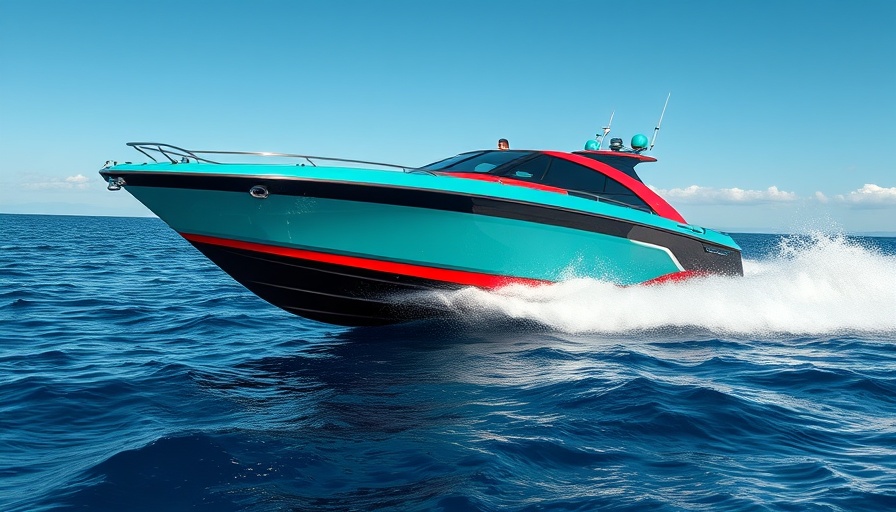
Massive Explosion Rocks Coal Carrier in Baltimore
On August 18, 2025, an explosion occurred aboard the coal carrier W-Sapphire, sending a fireball into the skies near the Francis Scott Key Bridge in Baltimore. The incident has closed the main shipping channel in the Port of Baltimore as the Coast Guard investigates the cause.
Immediate Safety Concerns and Response
The Coast Guard received an urgent message about the explosion at approximately 6:30 p.m. after the W-Sapphire, a Liberian-flagged vessel measuring 751 feet, reported the incident while transporting coal. Fortunately, all 23 crew members were confirmed safe and unharmed. According to Baltimore City Fire Department spokesperson John Marsh, signs of a fire consistent with an explosion were detected on the vessel.
The Dangers of Transporting Coal
Transporting coal is fraught with risks, particularly concerning the buildup of gases like methane, which can trigger dangerous conditions. A warning issued by the UK P&I Club in December raised alarms about coal cargoes emitting high levels of methane from shipments originating from the East Coast of the U.S. The importance of accurate cargo declarations and heightened vigilance in monitoring methane levels cannot be overstated. As the incident unfolds, shippers and shipping companies need to prioritize safety to prevent further accidents.
What This Means for the Port of Baltimore
The explosion at W-Sapphire has disrupted a key shipping channel, raising questions about safety protocols at the Port of Baltimore, an essential hub for cargo ships. The Coast Guard is collaborating with local port partners to ensure swift action and timeline estimates for reopening operations. Ongoing investigations are crucial to understanding the root cause of this incident to prevent future occurrences.
Looking Ahead: Enhanced Safety Measures
This incident serves as a wake-up call for enhancements in safety measures and training for the maritime industry. Experts are likely to recommend more stringent controls and contingencies for ships handling hazardous materials, especially with regard to coal transport. As larger vessels become both more common and essential in global trade, the industry's regulations may need to evolve alongside it, mandating comprehensive risk assessments and emergency response plans.
Conclusion: A Call for Safer Practices
The W-Sapphire explosion not only highlights the inherent risks associated with coal transport but also underscores the need for better safety practices within the shipping industry. As investigations continue, the hope is that lessons learned will shape future protocols to protect crew members and the environment effectively. It is imperative for all stakeholders in maritime operations to reassess their safety measures critically. Together, the industry must strive toward securing safe navigation through one of America’s busiest ports.
 Add Row
Add Row  Add
Add 




Write A Comment